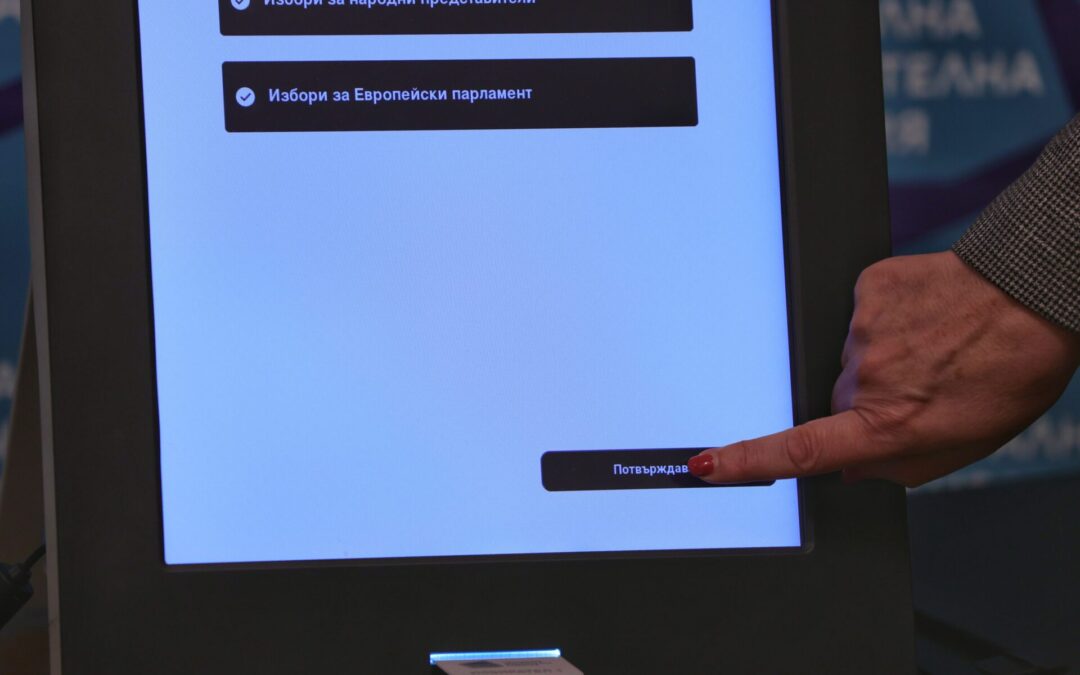SOFIA – Sociological studies at the end of the election campaign predict that five or six Bulgarian parties will find a place in the EP. Sociologists expect voter turnout in the country to increase compared to the last Eurovote in 2014. At that time, according to data from the Central Election Commission, 35.84% of Bulgarian citizens exercised their right to vote. Expectations now are for about 4% higher activity – for the first time the country will hold “two-in-one” elections for representatives in the National Assembly (NS) and the European Parliament (EP), and according to the sociological agency “Alpha Research” 42% have expressed readiness to vote for the NS, while interest in the EP elections reaches 39.5%.
Sociologists from “Trend” also believe that interest in the EP elections is lower than for the NS, and according to “Gallup International Balkan” a total of 37.7% of respondents in Bulgaria will vote in the EP elections.
It is expected that the Bulgarian parties that will find a place in the EP will be five or six. The most votes, according to studies, are expected to be received by GERB-SDS from the EPP political family, followed by “We Continue the Change – Democratic Bulgaria” (PP-DB), “Revival”, DPS, and BSP. There is uncertainty about ITN, but it is likely that the party will cross the electoral threshold of 5.88%.
The PP-DB coalition, composed of four parties, is participating in the Euro elections for the first time. One of the participating parties, “Democrats for a Strong Bulgaria”, is a member of the EPP, and another, “Yes, Bulgaria”, will apply to join the same European political family. PP is still not a member of any political group in the EP. “Revival” also has not had representatives in the Euro parliament so far and does not belong to a European political family, but they have an invitation from “Identity and Democracy”. DPS is a member of ALDE and is part of the “Renew Europe” group. BSP is a member of the “Party of European Socialists” and part of the “Progressive Alliance of Socialists and Democrats in the European Parliament”.
For Bulgaria, these will be the fourth elections for the EP after the country’s accession to the EU in 2007. The number of Bulgarian representatives in the new composition of the EP will remain unchanged – 17. So far, the country had MEPs in the EPP – seven, in the group of Socialists and Democrats – four, in “Renew Europe” – three, in “European Conservatives and Reformists” – two, and one independent. Of the Bulgarian MEPs in the last mandate, 12 are men, and five are women.
31 political formations from Bulgaria – 20 parties, one independent candidate, and 10 coalitions are participating in the EP elections. (June 6-7)
 go to the original language article
go to the original language article
